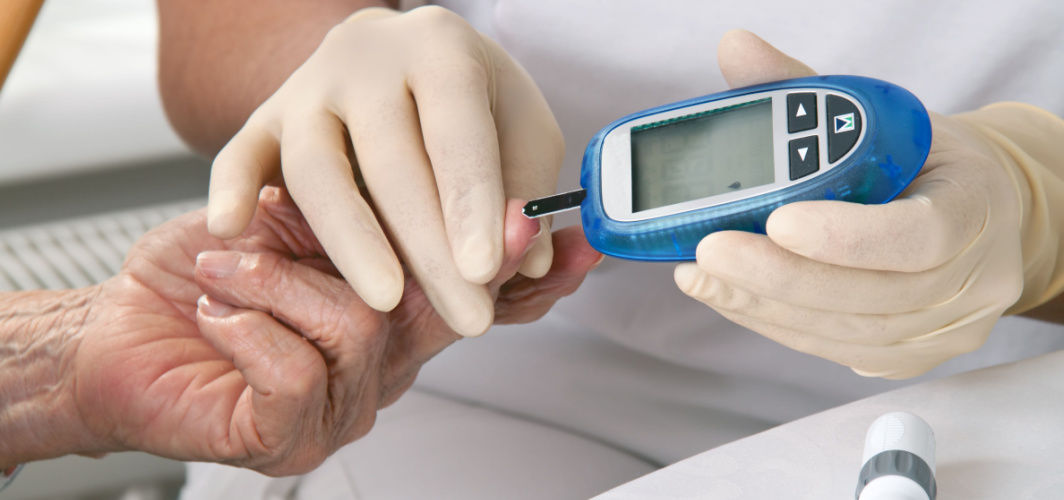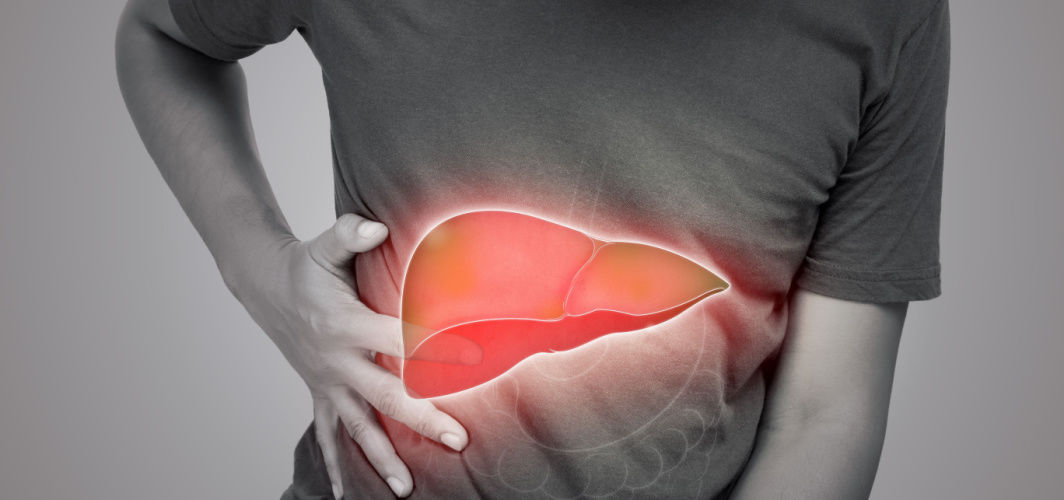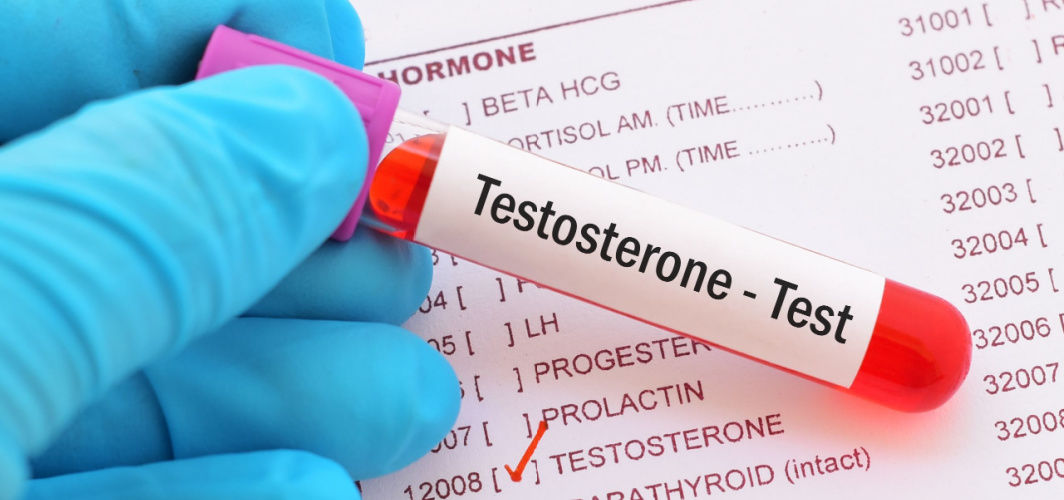General Health
PPBS Test – Preparation, When To Take It, Uses, Purpose, Cost
7 min read
By Apollo 24|7, Published on - 06 October 2023
Share this article
0
0 like

The PPBS test, also known as the Postprandial Blood Sugar test, is a diagnostic tool used to measure blood glucose levels after a meal. It is an essential test for individuals with diabetes or those at risk of developing the condition. The PPBS test preparation is crucial because it provides valuable information about how your body processes sugar after eating. Measuring blood glucose levels two hours after a meal, helps healthcare professionals assess how well your body can regulate blood sugar. In this blog, we will discuss the importance of the PPBS test, when to take PPBS test, how to prepare for the test, its uses, and the cost associated with it.
What is a Postprandial Blood Sugar Test?
The Postprandial Blood Sugar (PPBS) test is a diagnostic tool used to measure your blood sugar levels after a meal. It helps in assessing your body's ability to regulate glucose levels and detecting any abnormalities. The test is commonly used to screen for diabetes, monitor diabetes management, and evaluate the effectiveness of medications or lifestyle changes.
1. How does a PPBS Test work?
During the PPBS test, a blood sample is taken approximately two hours after a meal containing carbohydrates. The blood sample is then analysed to measure the glucose concentration. This measurement helps healthcare providers evaluate your body's response to the meal and determine if there are any issues with glucose metabolism.
2. When is a PPBS Test recommended?
The PPBS test is often recommended for individuals with risk factors for diabetes, including being overweight or obese, having a family history of diabetes, being physically inactive, or having high blood pressure or high cholesterol levels. Symptoms of high blood sugar include:
- Increased thirst
- Frequent urination
- Unexplained weight loss
- Fatigue
- Recurring infections
3. How to Prepare for a PPBS Test?
Here are some important things to consider regarding PPBS test preparation:
- Fasting Requirements: In most cases, fasting is not required before a PPBS test. However, it is essential to follow any specific instructions provided by your healthcare provider regarding food and drink intake before the test.
- Medications to Avoid Before the Test: Certain medications like steroids can affect blood sugar levels and interfere with the results of the PPBS test. Your healthcare provider will inform you about any medications that need to be avoided before the test, such as diabetic medications or steroids.
Where to get a PPBS Test done?
If you suspect you may have blood sugar issues or have been advised by your healthcare provider to take a PPBS test, you can get it done at various healthcare facilities. These include:
- Diagnostic centres
- Hospitals
- Clinics
- Some pharmacies
It's important to choose a reputable and certified facility to ensure accurate and reliable results.
Steps Involved in Taking a PPBS Test
Here are the steps involved in taking a PPBS test:
- Blood Sample Collection: A small sample of blood will be taken from your fingertip or arm to measure your fasting blood sugar level.
- Consuming a Glucose Solution: After the initial blood sample is taken, you'll be asked to drink a glucose solution. This is usually a sugary drink containing a specific amount of glucose.
- Blood Sample Collection at Regular Intervals: Following the consumption of the glucose solution, your blood sugar levels will be checked at regular intervals, usually every 30 minutes or so, for a couple of hours.
Duration of the PPBS Test
The duration of the test can vary depending on the healthcare facility and the specific protocol they follow.
- Generally, it lasts for about two hours.
- During this time, you may be asked to remain seated or avoid any physical activity that could affect your blood sugar levels.
- It is essential to follow any instructions given by your healthcare provider during the test to ensure accurate results.
Interpreting the Results of a PPBS Test
Once you have taken a Postprandial Blood Sugar test, it is crucial to understand how to interpret the results. Here are some key points to consider:
1. Normal Range for PPBS levels
The PPBS test measures your blood sugar level 2 hours after a meal. The normal range for PPBS levels is typically between 140 and 199 mg/dL (milligrams per deciliter). If your PPBS level falls within this range, it indicates that your body is effectively processing glucose and maintaining stable blood sugar levels.
2. What do High PPBS Levels Indicate?
Here are some important points regarding high PPBS levels:
- Prediabetes: If your PPBS level is between 200 and 239 mg/dL, it suggests that you have prediabetes. This means that your body is becoming less efficient at processing glucose, putting you at a higher risk of developing type 2 diabetes if left untreated.
- Diabetes Diagnosis: A PPBS level equal to or above 240 mg/dL is indicative of diabetes. It means that your body is unable to effectively regulate blood sugar levels, leading to persistently elevated glucose levels in the blood.
3. Consultation with a healthcare professional
If you receive abnormal results from your PPBS test, it's important to consult with a healthcare professional for further evaluation and guidance. They will assess your overall health, consider other factors, and recommend appropriate lifestyle changes, medication, or further diagnostic tests to manage your blood sugar levels effectively.
Uses and Benefits of a PPBS Test
In this section, we will delve into the PPBS Test uses and benefits.
1. Early detection and Prevention of Diabetes
The PPBS test can help identify individuals at risk of developing diabetes by measuring their blood sugar levels after a meal. This allows healthcare professionals to detect early signs of impaired glucose tolerance or prediabetes. By detecting these conditions early, interventions such as lifestyle changes and medication can be implemented to prevent the progression to full-blown diabetes.
2. Monitoring Diabetes Management
For individuals already diagnosed with diabetes, the PPBS test is essential for monitoring their blood sugar control throughout the day. After a meal, it provides valuable information about how well the body is processing glucose. This helps in determining the effectiveness of their current diabetes management plan and making necessary adjustments to keep their blood sugar levels within the target range.
3. Assessing the Effectiveness of Lifestyle Changes and Medication
The PPBS test is used to assess how lifestyle changes such as dietary modifications and exercise routines, as well as medication or insulin therapy, are impacting blood sugar levels. By regularly monitoring postprandial blood sugar, healthcare professionals can evaluate whether the prescribed treatments are working effectively or if modifications need to be made.
Cost and Availability of a PPBS Test in India
In this section, we will delve into the PBBS test cost and availability in India.
1. Average Cost of a PPBS Test in India
The average PPBS test price in India ranges between Rs. 200 to Rs. 500. However, prices can vary depending on the city, laboratory, and quality of the test.
2. Insurance Coverage for the Test
Some insurance policies cover the PPBS test price, especially if you have been diagnosed with diabetes or have a family history of diabetes. It is advisable to check with your insurance provider regarding coverage details.
3. Accessibility in Different Regions of India
Major cities and towns have well-established diagnostic centres and laboratories where you can get a PPBS test done easily. However, rural areas may have limited access to such facilities. In such cases, it is recommended to consult with local healthcare professionals who can guide you to nearby testing centres.
Tips for Maintaining Healthy Blood Sugar Levels
In this section, we will explore some tips for maintaining healthy blood sugar levels.
1. Dietary Recommendations for Preventing High Blood Sugar
When it comes to managing your blood sugar levels, a healthy diet plays a crucial role. Here are some recommendations to prevent high blood sugar:
- Include foods that have a low glycemic index (GI) in your diet. These include whole grains, legumes, fruits, and vegetables. Such foods help in the slow and steady release of glucose, preventing spikes in blood sugar levels.
- Limit your intake of sugary beverages, processed foods, refined grains, and sweets. These can cause rapid spikes in blood sugar levels and contribute to the development of insulin resistance.
2. Importance of Regular Exercise
Engaging in regular physical activity is essential for maintaining healthy blood sugar levels. Exercise helps your body use glucose more effectively, improves insulin sensitivity, and promotes weight management. Aim for at least 150 minutes of moderate-intensity aerobic exercise or 75 minutes of vigorous-intensity exercise per week.
3. Stress Management Techniques
Chronic stress can impact your blood sugar levels. Explore stress management techniques such as meditation, deep breathing exercises, yoga, or engaging in hobbies to help reduce stress and maintain stable blood sugar levels.
Conclusion
In conclusion, it is essential to prioritise your health and take control of your well-being. Regular monitoring of your blood sugar levels through tests like the PPBS test can help you stay informed and proactive about your health status. Remember, managing diabetes requires a holistic approach and a partnership between you and your healthcare professional. By being proactive and staying engaged in your healthcare journey, you can lead a healthier and more fulfilling life despite having diabetes. Take charge of your health today!
General Health
Consult Top Diabetologists
View AllFrequently Asked Questions
How long does it take to get the results of a PPBS test?
How long does it take to get the results of a PPBS test?
What are the uses of the PPBS test?
What are the uses of the PPBS test?
How should I prepare for the PPBS test?
How should I prepare for the PPBS test?
When should I take the PPBS test?
When should I take the PPBS test?
What is the cost of the PPBS test?
What is the cost of the PPBS test?
Leave Comment
Recommended for you

General Health
Fatty Liver: Symptoms, Causes, Prevention, and Treatment
Fatty liver is caused by the accumulation of fat in the liver. A person with fatty liver may suffer fatigue, abdominal pain or discomfort, or weakness. Notably, the common causes of fatty liver are excessive alcohol consumption and non-alcoholic factors like obesity and diabetes. Its prevention and management involve adopting a healthy lifestyle.

General Health
Hair Loss: Top Causes and How to Deal with It
Depending on the underlying condition, hair loss can be both temporary and permanent. Most cases of hair loss are managed using the required vitamin and mineral supplements.

General Health
How To Check Testosterone Levels?
Monitoring testosterone levels is essential for maintaining optimal health. Understanding the significance of testosterone, the testing methods available, recognising signs of low levels, and knowing when to get tested is key to addressing any hormonal imbalances effectively.
Subscribe
Sign up for our free Health Library Daily Newsletter
Get doctor-approved health tips, news, and more.
Visual Stories

Could There Be More to Your Snore?
Tap to continue exploring
Recommended for you

General Health
Fatty Liver: Symptoms, Causes, Prevention, and Treatment
Fatty liver is caused by the accumulation of fat in the liver. A person with fatty liver may suffer fatigue, abdominal pain or discomfort, or weakness. Notably, the common causes of fatty liver are excessive alcohol consumption and non-alcoholic factors like obesity and diabetes. Its prevention and management involve adopting a healthy lifestyle.

General Health
Hair Loss: Top Causes and How to Deal with It
Depending on the underlying condition, hair loss can be both temporary and permanent. Most cases of hair loss are managed using the required vitamin and mineral supplements.

General Health
How To Check Testosterone Levels?
Monitoring testosterone levels is essential for maintaining optimal health. Understanding the significance of testosterone, the testing methods available, recognising signs of low levels, and knowing when to get tested is key to addressing any hormonal imbalances effectively.